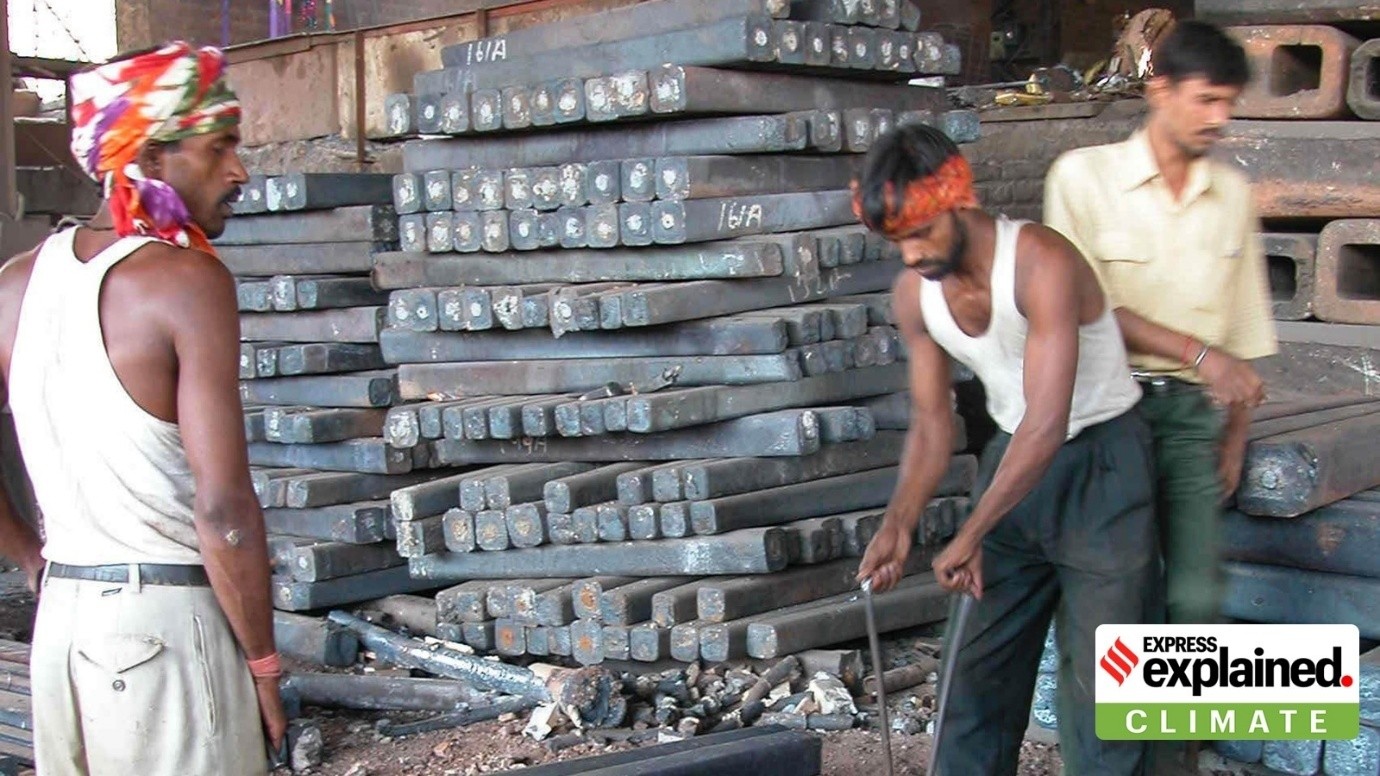




Disclaimer: Copyright infringement not intended.
According to the Lancet Public Health analysis Lead exposure causes $6 trillion in economic losses from premature death due to cardiovascular disease and cognitive dysfunction.
|
Heavy metals are naturally occurring elements in the Earth’s crust since its formation. These metals may be defined as elements with an atomic number larger than 20 and an atomic density greater than 5 g cm3 that must possess metal-like characteristics. For e.g. arsenic, cadmium, chromium, copper, lead, manganese, mercury, nickel, uranium etc. |

Heavy metal pollution is a global issue that occurs when heavy metals are released into the environment at levels that are harmful to humans and the environment. These are well-known environmental pollutants owing to their toxicity, longevity in the atmosphere, and ability to accumulate in the human body via bioaccumulation. The pollution of terrestrial and aquatic ecosystems with toxic heavy metals is a major environmental concern that has consequences for public health.
Sources of heavy metals include mining, industrial production (foundries, smelters, oil refineries, petrochemical plants, pesticide production, chemical industry), untreated sewage sludge and diffuse sources such as metal piping, traffic and combustion by-products from coal-burning power stations.
|
Total Monitoring Stations |
764 river quality monitoring stations across 28 states. |
|
Ganga Monitoring Stations |
33 monitoring stations in Ganga; 10 stations had high levels of heavy metal contaminants. |
|
Heavy Metals Testing |
Central Water Commission examined water samples from 688 sites for heavy metals between August 2018 and December 2020. |
|
Pollution Indicators |
High total coliform levels in 239 stations and high biochemical oxygen demand in 88 out of 588 stations examined across 21 states. |
|
Wastewater Treatment |
Indicates inadequate wastewater treatment from industrial, agricultural, and domestic sources. |
|
Key Findings (CSE Report 2022) |
River Ganga, targeted under the Namami Gange mission, has high levels of lead, iron, nickel, cadmium, and arsenic. |
|
Sewage Treatment (CPCB Findings) |
Ten states do not treat their sewage at all. |
|
Untreated Sewage |
72% of sewage waste in India is dumped untreated. |
Heavy metal poisoning can lead to many health complications, such as liver and renal dysfunction, dermatological difficulties, and potentially even malignancies. To mitigate the risk of heavy metal ion exposure to humans and animals, it is imperative to extract them from places that have been polluted.
Several conventional methods such as ion exchange, reverse osmosis, ultrafiltration, membrane filtration and chemical precipitation have been used for the removal of heavy metal ions.

Heavy metal ions can cause severe health problems. To prevent the harmful effects of these toxic metals, it is important to find an eco-friendly and cost-effective method to remove heavy metal ions contamination from wastewater. Biosorption is an eco-friendly method based on the biomass derived from plant, algal, and agricultural waste and microbes. This method is environmentally friendly and does not require much investment. This review provides basic to advanced knowledge to the research about heavy metal contamination and their eco-friendly removal process.
READ ABOUT
CWC Report on Toxic Heavy Metals in Rivers
groundwater contamination in india
REFERENCE
https://pubs.acs.org/doi/abs/10.1021/bk-2023-1456.ch001
https://www.unep.org/cep/heavy-metals
https://link.springer.com/referenceworkentry/10.1007/978-3-030-45009-0_96
https://www.intechopen.com/chapters/74985
https://pubmed.ncbi.nlm.nih.gov/38556536
https://www.nature.com/articles/s41598-024-58061-3
Source:
|
PRACTICE QUESTION Q.Heavy metal pollution is one of the critical environmental challenges of the modern industrial era. Discuss the sources, impacts, and measures that can be adopted to mitigate heavy metal pollution in India. Evaluate the role of regulatory frameworks and public awareness in addressing this issue. (250 words) |






© 2026 iasgyan. All right reserved